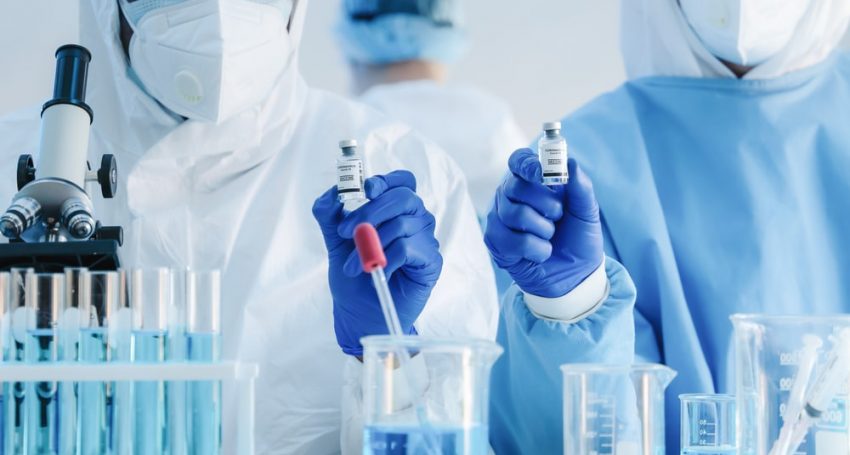Austrian scientists have divided the symptoms of mild COVID-19 into groups, as well as identified blood biomarkers to control treatment – they may also play a role in vaccine development. The results of the study have been published in the journal Allergy.
Specialists from the Center for Pathophysiology, Infectious Diseases and Immunology at Vienna Medical University conducted a comparative study involving 109 patients with mild COVID-19 and 98 healthy subjects, from whom a control group was formed.
The authors identified seven groups of mild COVID-19 manifestations: 1) “flu” symptoms – fever, chills, fatigue and cough; 2) “cold” symptoms – rhinitis, sneezing, dry throat and stuffy nose; 3) joint and muscle pain; 4) inflammation of eyes and mucous membranes; 5) breathing problems – pneumonia and shortness of breath; 6) gastrointestinal problems – diarrhea and nausea and headache; 7) loss of smell and taste. The first three groups of symptoms have been classified by researchers as systemic, and the last two as organ-specific. According to the authors, this division is necessary for correct diagnosis of primary disease.
The scientists also found that COVID-19 in mild form leaves significant changes in the immune system. One of such signs is the low level of granulocytes, leukocytes responsible for combating bacterial pathogens. And this, according to the authors, should be taken into account when defining treatment strategies and developing vaccines. “A few weeks after the initial infection, the immune system still actively counteracts the disease, while the number of regulatory cells is significantly reduced. And this is a dangerous mixture that can lead to an autoimmune reaction,” the doctors explain.
In addition, in the blood of recovering patients were found elevated levels of antibody-forming immune cells – the higher the patient’s temperature in the light course of the disease. “With COVID-19, the human immune system doubles the effort due to the combined action of immune cells and antibodies. This is similar to how a modern soccer team works by building protection – memory cells can remember certain “moves” from the virus and the reaction to them,” the researchers note. – Now it’s about using these results to develop COVID-19 vaccines.
The authors hope that the biomarkers they’ve identified will not only help develop highly effective vaccines, but also provide an opportunity to create a more accurate system for monitoring the disease.


